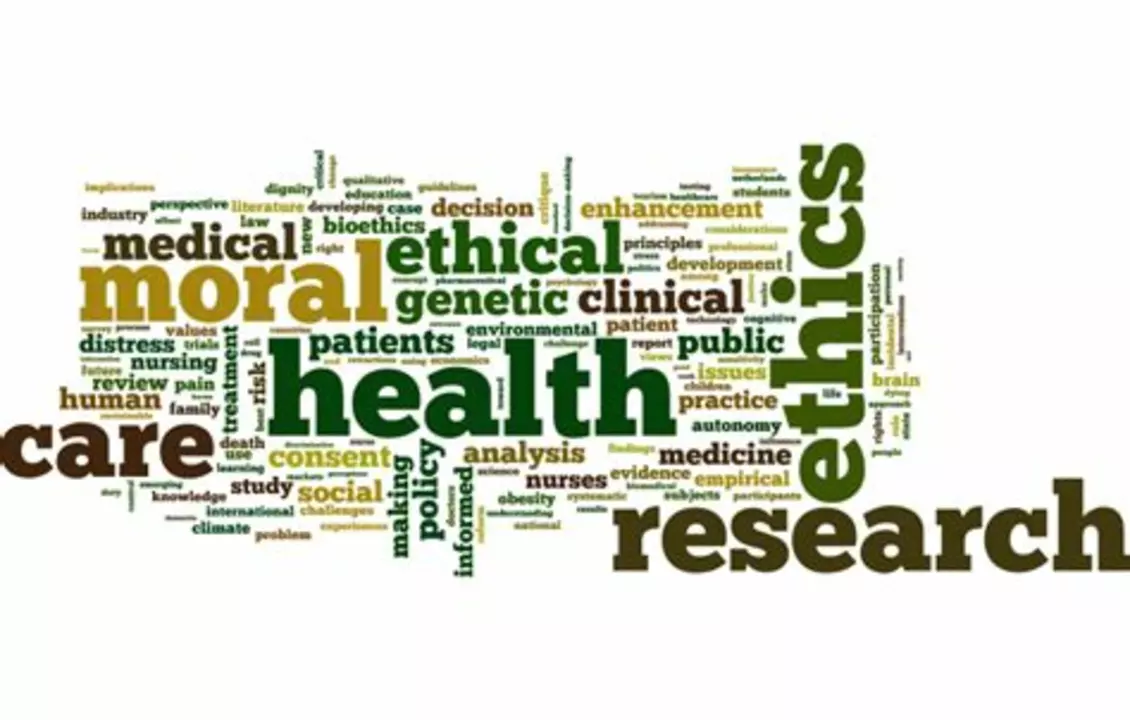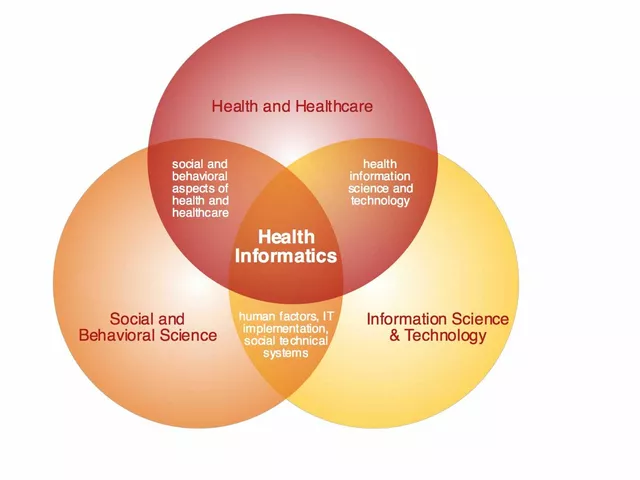Ethical Healthcare and Medicine: Practical steps for patients and providers
Who should decide what happens to your body—your doctor or you? Ethical healthcare and medicine puts that question at the center and gives a simple answer: patients must have a real say. This page explains key ethical ideas in plain words and shows quick actions you can take next time you visit a clinic or manage care for someone you love.
Core principles made simple
Start with four basic rules doctors use every day: respect for autonomy (you make choices), non-maleficence (don’t harm), beneficence (act in the patient’s best interest), and justice (fair treatment for everyone). For example, respecting autonomy means explaining treatment options so you can choose, not pressuring you into a procedure. Justice shows up when hospitals decide who gets limited resources—like beds or vaccines—and must do that fairly, not by who can pay more.
Confidentiality matters too: your medical details should stay private unless you agree otherwise. And conflicts of interest—like a doctor getting incentives from a drug company—should be disclosed so you can trust recommendations.
Practical tips: what patients can do
Ask clear questions: "What are my options? What are the benefits and risks?" If something sounds rushed, ask for time or a second opinion. Bring a trusted person to appointments if you feel overwhelmed. Put wishes in writing with a simple advance directive or consent form so your preferences are known if you can’t speak for yourself.
Check that your privacy is protected—ask who will see your records and how they’re stored. If you notice a possible conflict of interest, ask directly: "Do you receive any payments or gifts related to this treatment?" That’s a fair question and helps you make an informed choice.
When resources are limited, ask how decisions are made. Hospitals should explain their criteria for prioritizing care. If you disagree with a decision, request a review or speak with a patient advocate.
For caregivers: keep a simple health summary, list medicines, and note any discussions about risks and goals of care. This reduces errors and keeps everyone honest about what the patient wants.
If you’re a healthcare worker, communicate risks in plain language, document consent, and disclose any conflicts of interest. Treat patients consistently regardless of age, background, or ability to pay. Small acts—listening, repeating explanations, checking understanding—improve ethical care immediately.
Ethical healthcare isn’t a set of rules far from daily life. It’s about clear choices, fair treatment, and honest conversation. Ask one practical question at your next visit, write down the answer, and you’ll already be shaping care that respects what matters most to you.
What is ethical based health care/medicine?
Posted by Finnegan Beckett On 8 May, 2023 Comments (0)

As a blogger, I've recently come across the concept of ethical-based health care/medicine, and I find it quite intriguing. Essentially, it refers to the practice of providing medical care based on moral principles and values, such as respect for autonomy, non-maleficence, beneficence, and justice. This approach emphasizes the importance of respecting patients' rights and ensuring their well-being while considering the potential consequences of medical decisions. By adhering to these ethical guidelines, health care providers aim to offer the best possible care while maintaining a strong moral compass. I believe that ethical-based health care can greatly enhance the overall patient experience and ultimately lead to better health outcomes.




